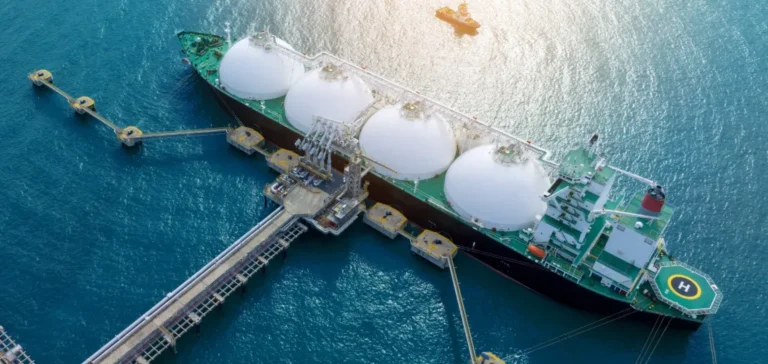Europe has continued to import record volumes of liquefied natural gas (LNG) since the end of the heating season in early April, with deliveries now approaching 45 billion cubic meters (bcm), according to data from Gas Infrastructure Europe (GIE). Net gas injections (the difference between volumes injected and withdrawn) into EU underground storage facilities have reached nearly 34 bcm since the start of the summer season, representing about 56% of the annual target of 61 bcm. The EU must achieve a 90% gas storage fill level before November 1.
On July 19, injections into EU underground storage facilities totalled 408 million cubic meters (mcm), while withdrawals reached 18 mcm. Currently, the volumes of gas stored rank as the seventh highest for the month of July in the entire observation history, standing at 71 bcm, down 21% compared to the previous year. The current storage fill rate stands at 64.73%, 8.68 percentage points below the five-year average for this date, and well below the 82.3% level recorded last year.
Storage challenges for winter 2025
Europe must inject at least 61 bcm of gas this season to meet the storage target set by the European Commission. This volume represents an increase of nearly 50% compared to the previous year and constitutes one of the highest injection levels ever recorded. According to forecasts from the Gas Exporting Countries Forum (GECF), the EU may face serious difficulties in filling its reserves before winter 2025, due to increased competition with Asia for LNG supply. This issue is exacerbated by limited additions of new regasification capacity in the European market.
Gas prices in Europe continue to be under upward pressure due to storage requirements. In June, the average price of gas procurement in Europe was around $439 per thousand cubic meters, and approximately $415 in July. Last year, gas prices were significantly higher than current levels due to seasonal fluctuations.
Record LNG imports for 2025
During the previous heating season, Europe imported nearly 63 bcm of LNG, the third-highest volume recorded for this period. LNG imports to Europe reached a record high for the month of June, with 12.2 bcm, and July imports continue to break records. Regasification capacity in Europe is currently operating at 42% of its maximum. Since April, total LNG imports by EU countries have already approached 45 bcm, a trend that is expected to continue in the coming months.






















